In 1963, while renovating his house, a local man in Türkiye noticed that his chickens would mysteriously disappear into a space in the basement. He followed the mysterious space. After breaking down the wall in the basement, he was amazed to find a tunnel leading to a large city.
This is the ancient city of Derinkuyu which has been abandoned for decades.
This unexpected discovery opened the door to the excavation and renovation of the ancient underground city of Derinkuyu. Later, more than 600 entrances to the ancient city were also found in the homes of local people.
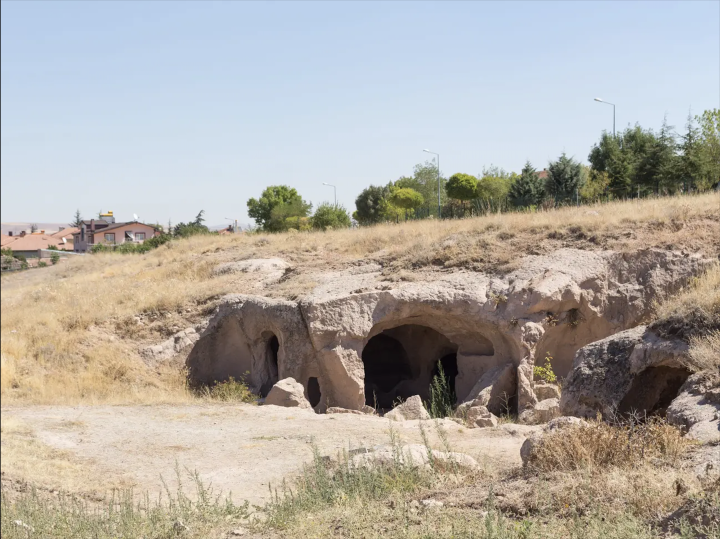
One of the entrances to the underground city of Denrinkuyu. (Photo: BBC)
With its unique 18-story architecture, the underground city of Derinkuyu reaches a depth of 85 meters below the Earth's surface at its deepest level. Derinkuyu is open to visitors, but visitors are limited to exploring only 8 of the 18 basement floors here.
Türkiye's Cappadocia region has a unique topography that is particularly suited to underground dwellings due to geological formations made from a soft, dry volcanic ash rock that is easy to carve or dig tunnels with simple tools.
According to the Turkish Ministry of Culture, the underground city of Derinkuyu was built by the Phrygians in the 8th-7th centuries BC. It was first mentioned in a text in 370 BC.
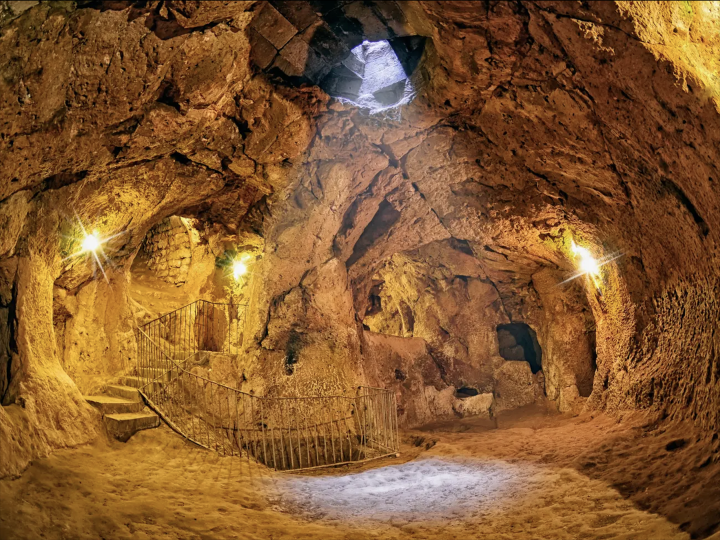
Derinkuyu, Türkiye's underground city. (Photo: BBC)
According to research by historians and archaeologists, the city was used for thousands of years, initially as a storage place, then as a place for people to hide from invasions and conflicts, and gradually expanded into a city. Residents living here could survive underground for months. At its peak, it was home to 20,000 people.
However, in the 1920s, the city was abandoned by the Cappadocian Greeks when they evacuated to Greece during the Greco-Turkish War.
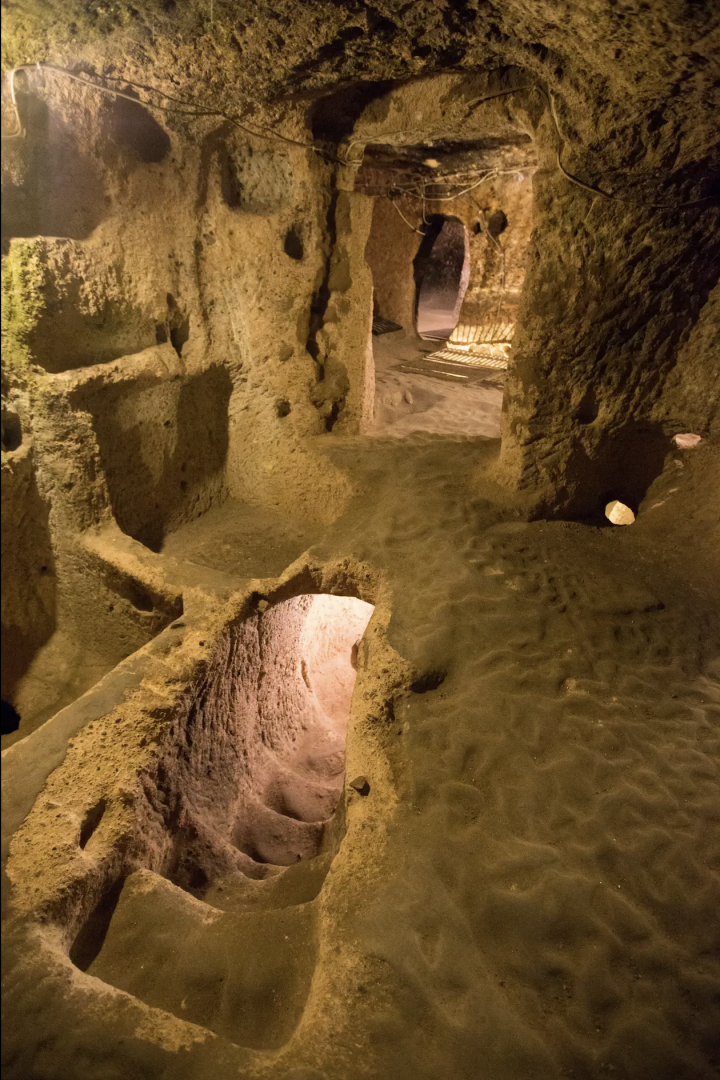
The intricate system of tunnels and caves in Denrinkuyu. (Photo: BBC)
After being discovered in the 1960s, the excavation team found rooms for various purposes, including food storage, wine production, oil pressing and dining areas. They also unearthed a small chapel - where believers would come to pray - and a religious school.
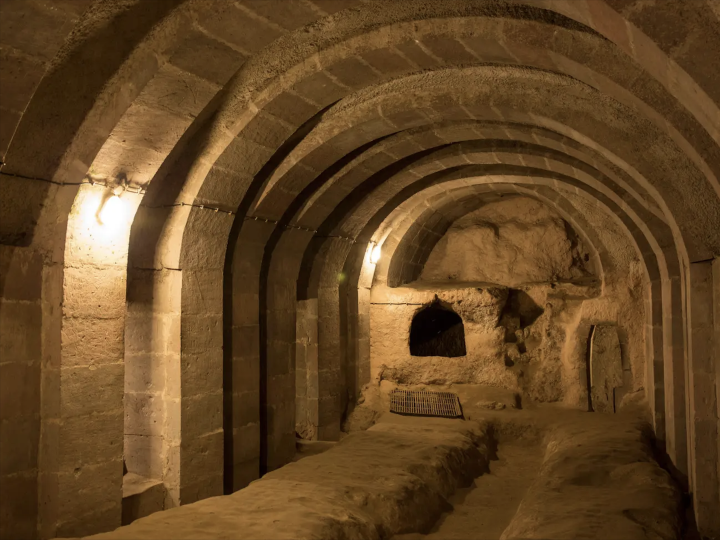
The church area in Denrinkuyu. (Photo: Getty Images)
During the city’s existence, livestock were kept on levels closer to the surface so that their odors and waste would not affect the houses on the floors below. There was a plentiful supply of clean water and ventilation shafts allowed fresh air to circulate between rooms and floors. There were also large stone doors on each floor to keep out intruders.
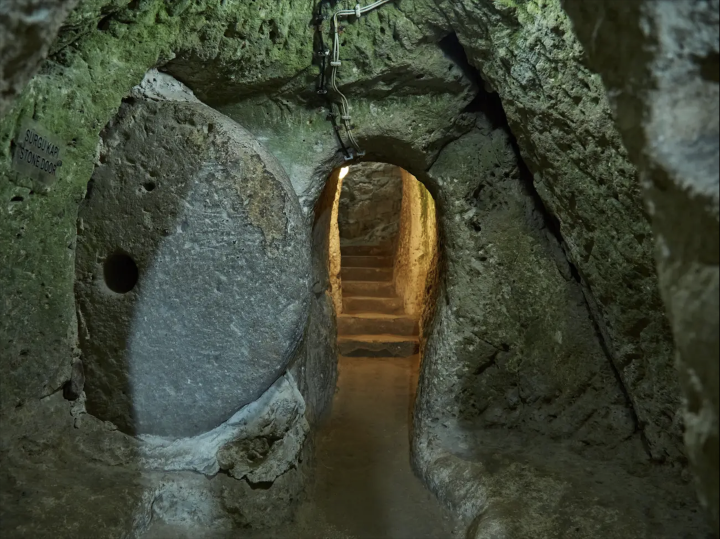
Large stone doors were placed on each floor to prevent intruders. (Photo: Sailingstone Travel)
A guide told a BBC reporter that "life underground must have been very difficult, with people confined to "sealed clay pots" and living by dim torchlight."
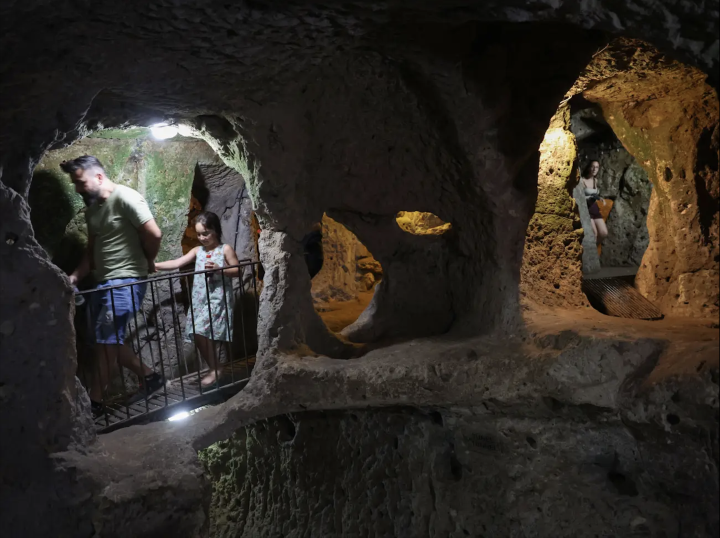
Denrinkuyu was recognized as a World Heritage Site by UNESCO in 1985. (Photo: Getty Images)
In 1985, the city of Derinkuyu was added to the UNESCO World Heritage List and opened to visitors.
Phuong Thao (Source: insider.com)
Useful
Emotion
Creative
Unique
Source



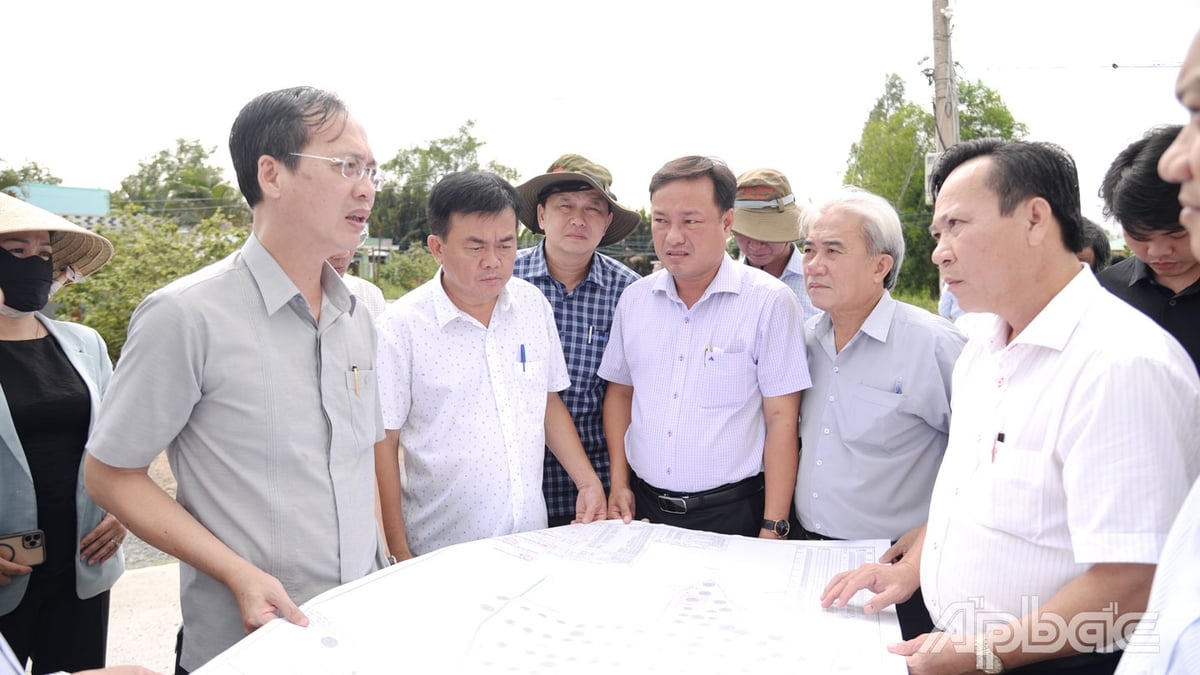



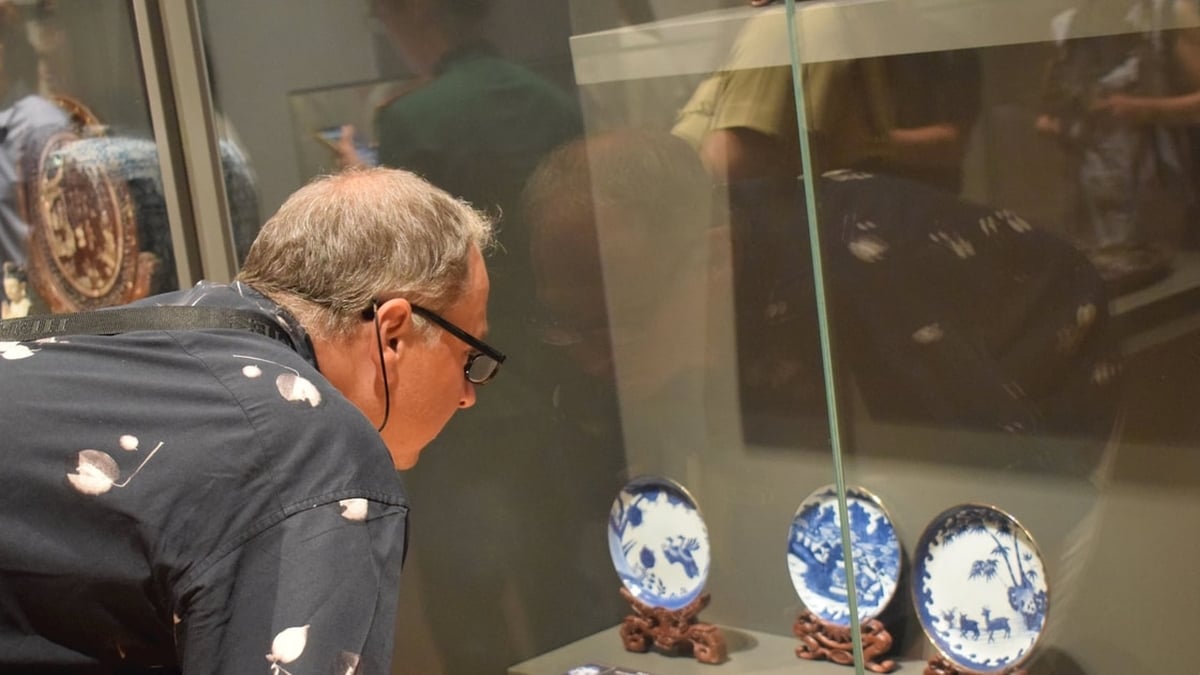

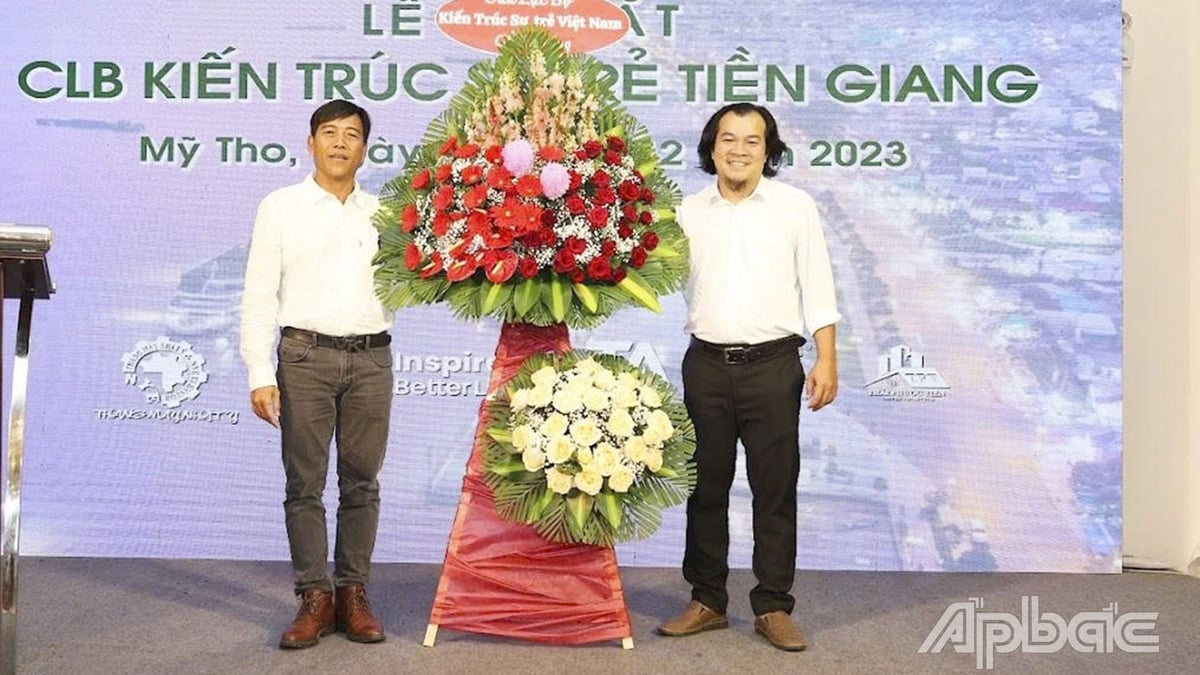

























































































Comment (0)